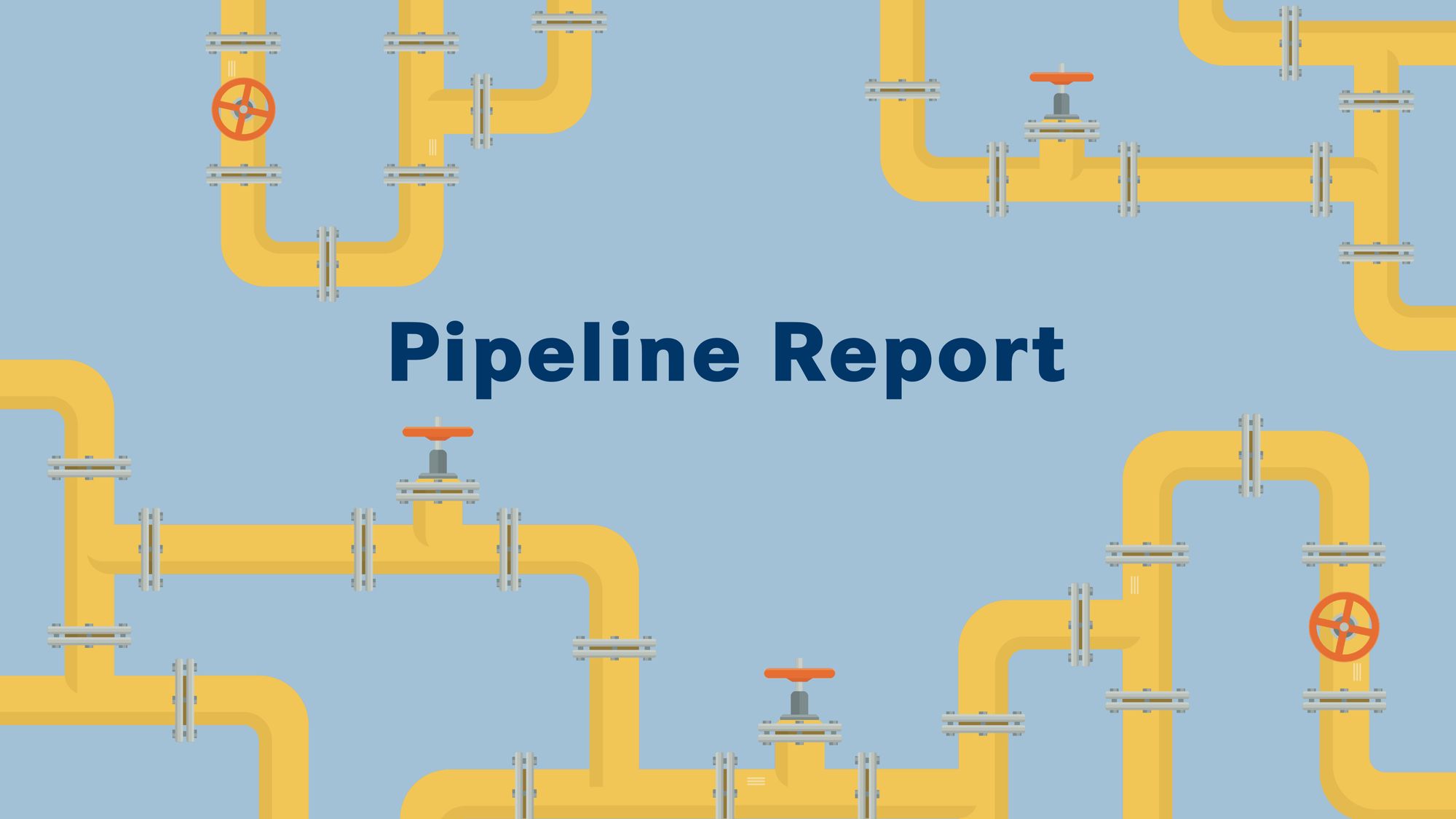
RP1/Nivolumab Combo Produces Deep, Durable Responses in Melanoma and Other Skin Cancers

The combination of the oncolytic vaccine vusolimogene oderparepvec and nivolumab continued to drive encouraging responses with acceptable tolerability in patients with melanoma and other skin cancers.
The combination of the oncolytic vaccine vusolimogene oderparepvec (RP1) and nivolumab (Opdivo) continued to drive encouraging responses with acceptable tolerability in patients with melanoma and other skin cancers, according to updated findings from the phase 2 IGNYTE trial (NCT03767348).1
In the 8 patients with cutaneous melanoma who were naïve to PD-1 inhibition, the objective response rate (ORR) achieved with the doublet continued to be 62.5%; this included a complete response (CR) rate of 37.5% and a partial response (PR) rate of 25.0%. Among the 16 patients with cutaneous disease in whom checkpoint therapy had previously failed, the ORR achieved with the regimen increased from 31.3% in June 2021 to 37.5%; in this subset, the CR rate was 12.5% and the PR rate was 25.0%.
Moreover, the doublet elicited an ORR of 64.5% in those with cutaneous squamous cell carcinoma (CSCC) who had not received prior treatment with a PD-1 agent (n = 17); the ORR previously reported in this subset had been 60.0%. The ORR was comprised of a 47.1% CR rate and a 17.6% PR rate. The ORR achieved with the combination in the patients with basal cell carcinoma (BCC; n = 4) was 25.0%; in those with Merkel cell carcinoma (MCC; n = 4) and angiosarcoma (n = 6), these rates were 75.0% and 66.7%, respectively.
Among 12 patients with non-melanoma skin cancer (NMSC) in whom PD(L)-1 agents have failed, the ORR with RP1/nivolumab was 33.3%, and this included 1 CR; these responses were observed in those with CSCC, MCC, and angiosarcoma. Others with shorter follow-up on the study were observed to have tumor shrinkage with the treatment.
“Updated data from our IGYNTE cohorts in anti–PD-1 failed melanoma continue to support our 2 registration-directed studies in these settings,” Philip Astley-Sparke, chief executive officer of Replimune Group Inc., stated in a press release. “New data presented…also supports our ambition to establish a broad franchise with RP1 in skin cancer, with activity demonstrated in a variety of anti–PD-1/L1 failed NMSCs as well as initial data demonstrating utility of RP1 as a monotherapy in solid organ transplant recipient patients where anti–PD-1 is contraindicated.”
The IGNYTE trial was designed to examine RP1 as a monotherapy and in combination with nivolumab in patients with solid tumors. To be eligible for enrollment, patients needed to have at least 1 measurable tumor that was at least 1 cm in longest diameter and an ECOG performance status of 0 or 1.2,3
They also needed to have stage IIIB to IV cutaneous melanoma for which PD-1 therapy was indicated or they must have previously received, have exhausted, had become intolerant to, or had refused available therapies. Those with anti–PD-1-failed cutaneous melanoma who progressed on an anti–PD-1 with or without an anti–CTLA-4 agent, those with metastatic microsatellite instability–high or deficient DNA mismatch repair disease who progressed on previous anti–PD-1 therapy, those with locally advanced or metastatic NMSC that was not considered to be treatable with surgical excision with or without failed prior PD-1/PD-L1 therapy, and those with anti–PD-1/PD-L1-failed non–small cell lung cancer (NSCLC), were included.
If patients previously received an oncolytic therapy, had active significant herpetic infections, a known history of acute or chronic active hepatitis B or C virus or human immunodeficiency virus infection, received systemic therapies within 4 weeks before enrollment and had systemic infection requiring intravenous antibiotics or other series infections within 2 weeks before dosing, they were excluded. Those with uncontrolled, untreated brain or central nervous system metastases were also excluded.
Four tumor-specific cohorts are enrolling patients: those with anti–PD-1-failed cutaneous melanoma (n = 125), those with NMSC and anti–PD-1/PD-L1–failed disease (n = 60), those with NSCLC and anti–PD-1/PD-L1 failure (n = 30), and those with microsatellite instability–high and mismatch repair deficient disease (n = 30).
For cycle 1, RP1 was given at a first dose of 1 x 106 PFU/mL with subsequent doses of 1 x 107 PFU/mL. In cycles 2 through 8, RP1 was given in combination with nivolumab, which was given at a dose of 240 mg every 2 weeks for 8 cycles. In cycles 10 through 30, nivolumab would be continued at a dose of 480 mg every 4 weeks.
An additional course of RP1 can be given for persistent or progressive lesions if persistence or progression is confirmed following at least 4 weeks, or if a new lesion or lesions are observed at any time within 24 months from RP1 initiation.
The primary end points of the trial were ORR and ORR in the anti–PD-1-failed cutaneous melanoma cohort, as well as safety and tolerability. Key secondary end points include duration of response, CR rate, disease control rate, overall survival, and progression-free survival. Biodistribution and shedding of RP1 and activation of tumor-infiltrating lymphocytes serve as exploratory end points.
Updated safety findings showed that RP1 in combination with nivolumab continued to be well tolerated, irrespective of injection route. Among 84 patients, the most common toxicities experienced with the regimen included chills (29.8%), pyrexia (29.8%), fatigue (28.6%), pruritus (25.0%), influenza-like illness (21.4%), nausea (20.2%), diarrhea (11.9%), injection site pain (10.7%), and decreased appetite/rash (9.5%), among others.
References
- Replimune provides new clinical data, broad program update and future development strategy for its tumor-directed oncolytic immunotherapies. News release. Replimune Group, Inc.; March 30, 2022. Accessed April 6, 2022.
https://yhoo.it/3r49Gg7 - Next-generation oncolytic immunotherapy. Replimune Group, Inc. Accessed April 6, 2022.
https://bit.ly/3xbdDUi - Aroldi F, Middleton MR, Sacco JJ, et al. An open-label, multicenter, phase I/II clinical trial of RP1 as a single agent and in combination with nivolumab in patients with solid tumors [IGNYTE]. Ann Oncol. 2021;32(suppl 5):S903-S904. doi:10.1016/j.annonc.2021.08.1478






































